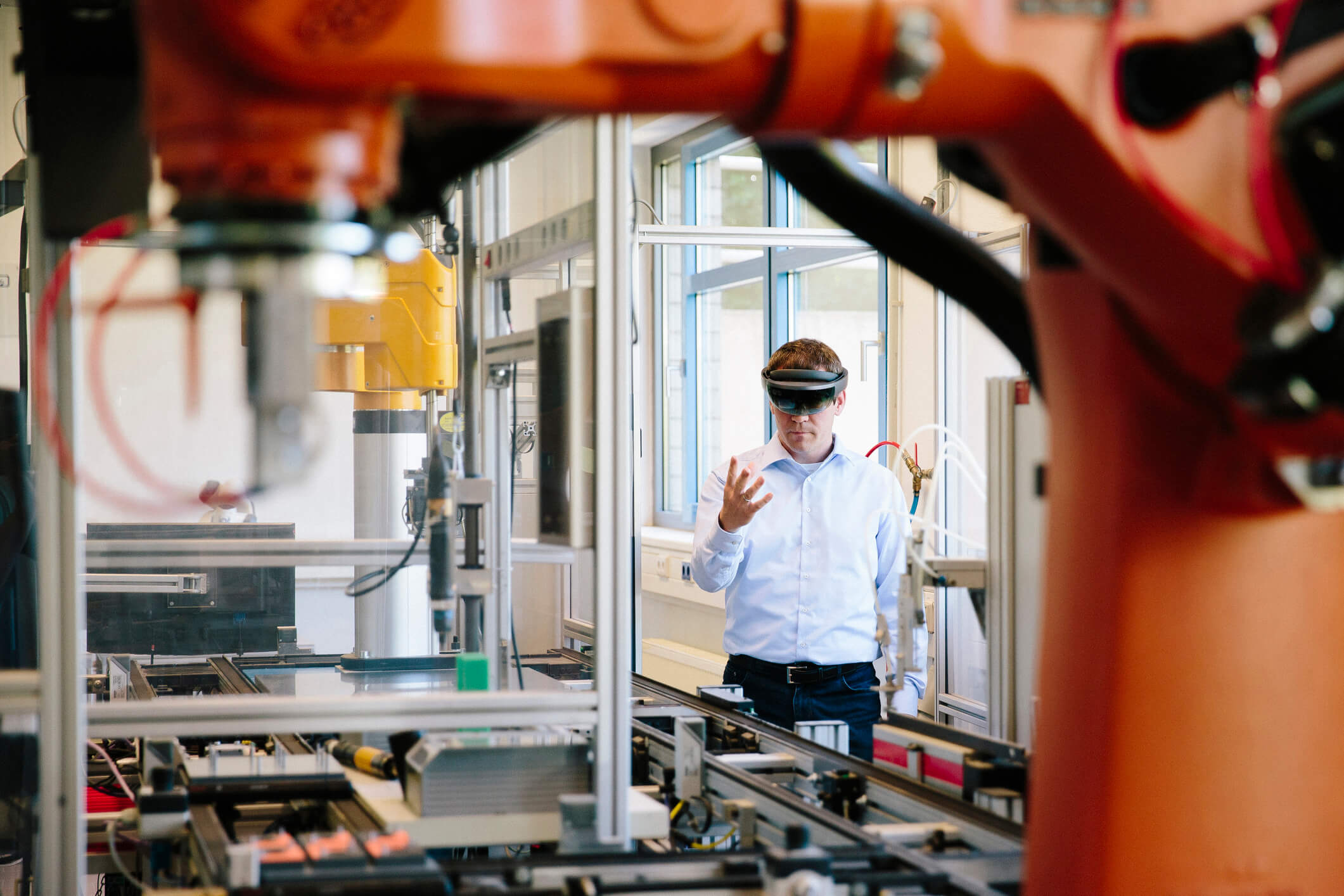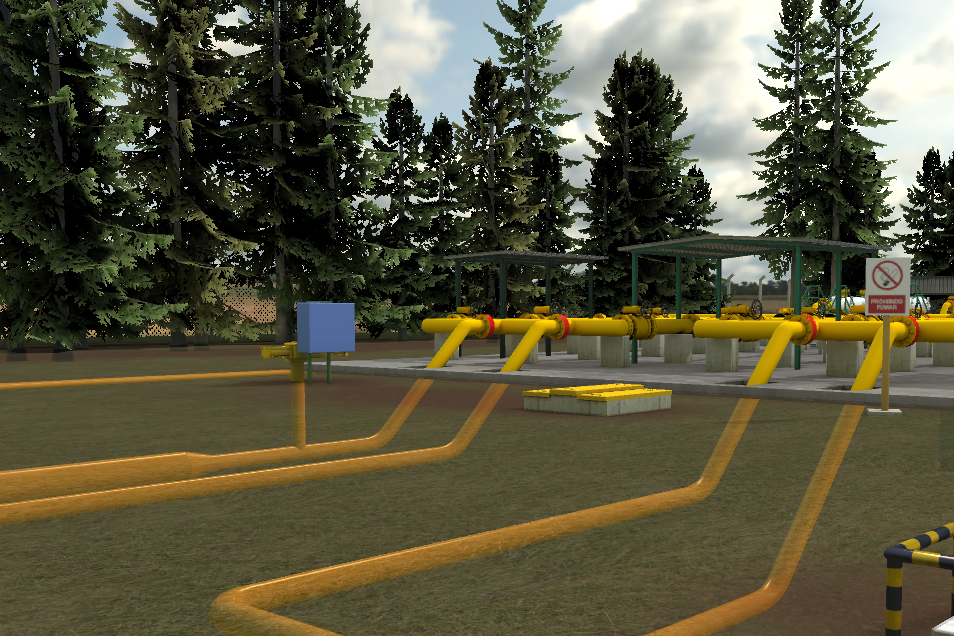What is Augmented Reality and why is everyone talking about it?
Augmented Reality (AR) is an interactive experience where user’s view of the real world objects is enhanced and overlaid by computer-generated perceptual information like physical objects, spaces and images.
AR enables its users to intelligently understand their surroundings by integrating contextual information into their field of view through smart glasses.
The demand for head-mounted displays (HMDs) in gaming and entertainment, the adoption of augmented reality for marketing strategies, and the demand for AR in the retail and e-commerce industry are key factors that positively influence AR market development. Moreover, increasing demand for augmented reality devices in the manufacturing and healthcare sectors, as well as increased investments and funding by key market players to build AR/VR solutions, are propelling the market growth.
Potential 2025 Revenue for AR by Industry
The extended reality technology has garnered adoption in various end-use segments such as consumer and enterprise applications.During the forecast period, the extended reality market is aligned more toward the consumer applications, such as gaming, entertainment, and educations.
Gaming application has the highest potential for XR during the forecast period, since XR elevates consumer experience and allows users to either fully immerse into virtual environment or interact with the virtual content, which is not possible in the traditional gaming platforms.Education sector is also expected to have significant use of XR technologies.
The traditional ways of teaching or delivering lectures may completely change with the inclusion of XR technologies. This will not only help improve learning experience but also increase the potential of teaching.
The enterprise application segment includes manufacturing, healthcare, and retail, among others. Manufacturing is expected to be the most impacted end-use application as the extended reality technology has the potential to change common industrial operations into more efficient procedures.
Many early adopters have reported an increase in productivity, decrease in delays and increased efficiency in core industrial operations, such as assembly line and maintenance.
Healthcare industry is one of the crucial and essential industries that is not only supporting the economy but also sustenance of human life. Extended reality is likely to affect the industry in various possible applications.
Although extended reality is currently being deployed in healthcare training and some operational applications, such as diagnosis, however, with proper integration extended reality can increase overall effectiveness of the industry.
What are the main benefits of AR?
- AR brings products to life: In the manufacturing industry, during the product design phase especially if it is a machine, if AR is used, then the onlookers will have a complete idea of the look and feel of the finished product.
- Increased efficiency: The usage of augmented reality and virtual reality (AR & VR) will help the team to become more efficient and robust in their delivery.
- Reduce cost: AR will be incorporated in creating solutions in the industry sector which will reduce the recruitment costs, training costs, infrastructure costs, and many other costs.
- Easy troubleshooting: Augmented reality removes the need to physically be located at the source of the problem. Saving human resources and resolving problems faster. Safely, timely and with less risk.
Augment Reality to the next level with SmartWorkAR®
SmartWorkAR® is based on cloud services and is available for Smart Glasses and Industrial Tablets under Android®.
For more information, please visit http://smartworkar.com/


